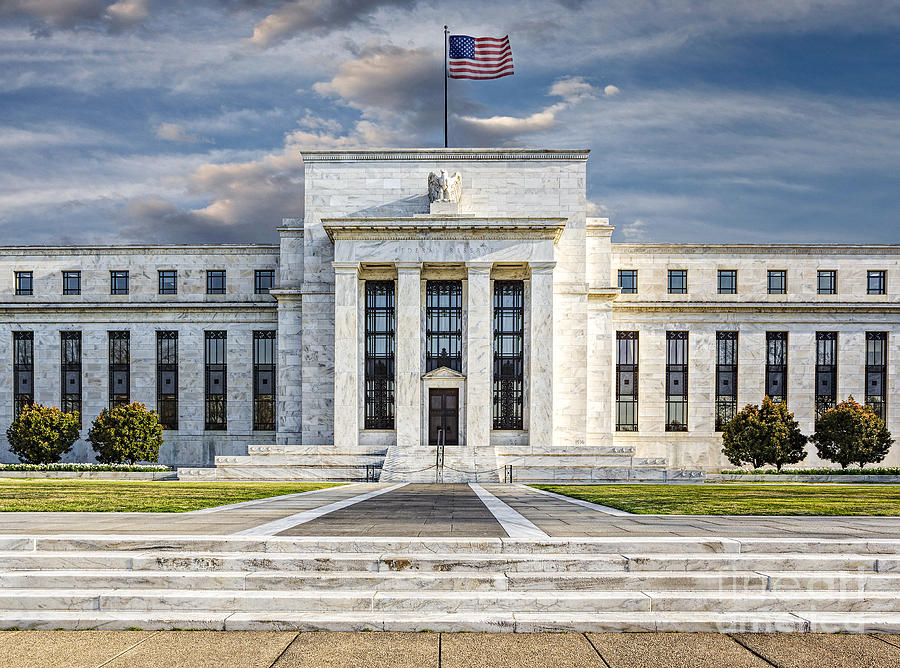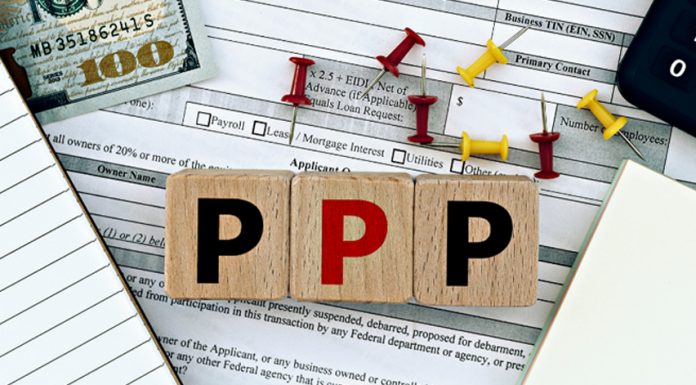The Federal Reserve is mulling on imposing a stricter policy on foreign bank branches to tighten the “loophole” that allowed overseas lenders to protect its assets from U.S. bank rules, people privy to the matter said.

The potential rule change would impose more stringent liquidity requirements on overseas bank branches, which could include keeping liquid assets of higher quality to ensure their branches in the U.S. could satisfy its short-term obligations. Fed data reveals branches of foreign banks held more than $1.6 trillion in assets as of June 2018.
The change in bank rules could also lead to heightened tensions with European regulators who have been complaining that the lenders based in the region are held to stricter rules in the U.S. than their rivals at home.
If enforced, this new rule could be a massive blow for European banks like Deutsche Bank, Credit Suisse, and UBS Group, three of the giants that held billions of dollars in corporate loans and other assets, at their branches in New York.
When the plan would follow through, it would serve as an example of a more restrictive financial regulation under the Trump administration and the recently appointed Fed Chair Jerome Powell.
In 2014, the American central bank ordered the largest foreign lenders to create intermediate holding companies for their operations in the U.S. Like huge domestic banks those units are required to maintain a specific amount of cash on hand in the country, in case of emergency.
For years, the Fed has weighed whether to subject the branches to more restrictive liquidity rules.













